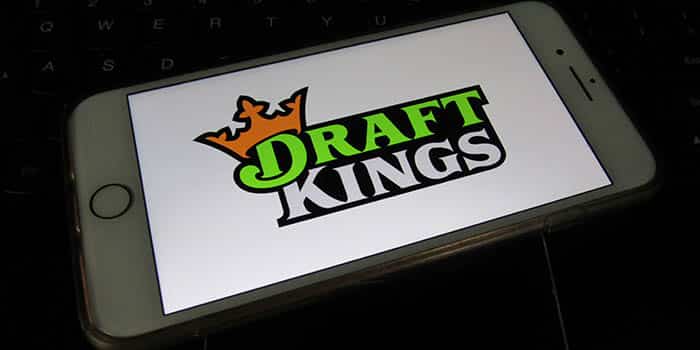Fact-checked by Angel Hristov
Belgian Gambling Association Rings Alarm Regarding Unregulated Operators
Just one of the concerning data points shows that approximately 47% of self-excluded gamblers were found to have resumed gambling by using unlicensed websites

The Belgian Association of Licensed Gaming Operators (BAGO) commissioned a study that found “alarming” statistics regarding the size and influence of the country’s unregulated gambling sector and the potential risks it harbors for more vulnerable players.
Here’s What the Study Found Out
According to the study, 25% of gamblers in Belgium have used unlicensed gaming operators. While this has a negative impact on the country’s economy and legitimate gambling sector, the study also highlights the fact that many consumers and vulnerable players are at risk. According to the BAGO, these unlicensed platforms function entirely outside the legal framework and lack any controls, such as age verification, EPIS registration, or deposit limits.
The data shows that approximately 47% of self-excluded gamblers were found to have resumed gambling by using unlicensed websites. The numbers are also striking when it comes to unregulated gambling among young people. Prior to Belgium implementing its ban on gambling for individuals under 21 in 2024, nearly half of the surveyed men aged 18 to 21 reported gambling on unlicensed websites, according to the report. However, that number has increased to 65%. Notably, 97% of them can identify at least one illegal gambling brand.
BAGO Officials Give Warnings
According to BAGO chairman Tom De Clercq, Belgium’s gaming sector is “on a slippery slope.” While licensed gambling sites must follow strict regulations, invest in responsible gaming, and actively safeguard players, illegal operators operate without any restrictions. This will lead to serious consequences, according to De Clercq. There will be an increased number of people, particularly young individuals and vulnerable groups, who will find themselves trapped in an unregulated illegal gambling environment that lacks rules, oversight, or protection.
BAGO vice-chairman Emmanuel Mewissen also chimed in, emphasizing that in the fight against illegal gambling, the association fully supports the implementation of the coalition agreement, which aims to empower the Gaming Commission to become a strong regulator. He stated that only through this approach can illegal operators be effectively addressed, consumers protected, and a well-regulated private market maintained.
It’s not the first time that the association has been ringing the alarm on the issue. Back in late 2024, BAGO ramped up its calls for the implementation of stricter regulation and enforcement, once again citing concerns over the country’s legitimate gambling industry and the protection of more vulnerable players, particularly young adults.
Stefan Velikov is an accomplished iGaming writer and journalist specializing in esports, regulatory developments, and industry innovations. With over five years of extensive writing experience, he has contributed to various publications, continuously refining his craft and expertise in the field.

















